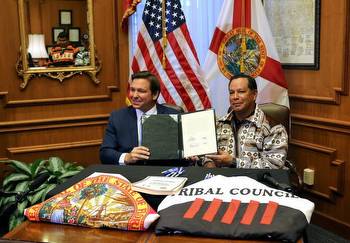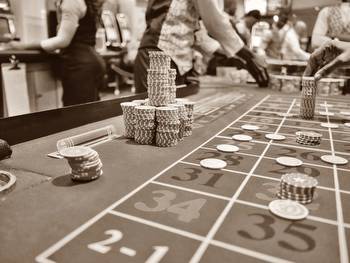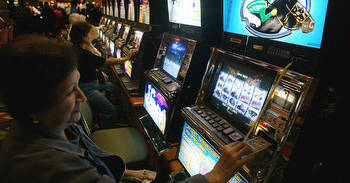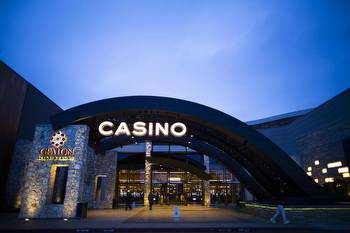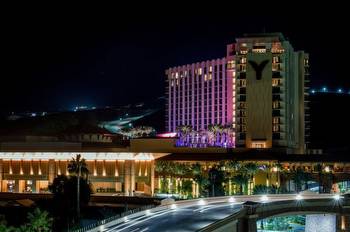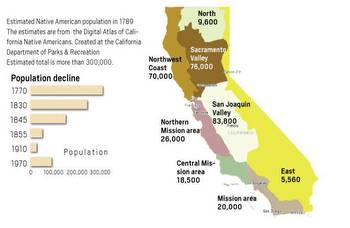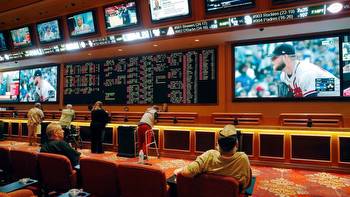Why Is Online Gambling Still Not Allowed in California?
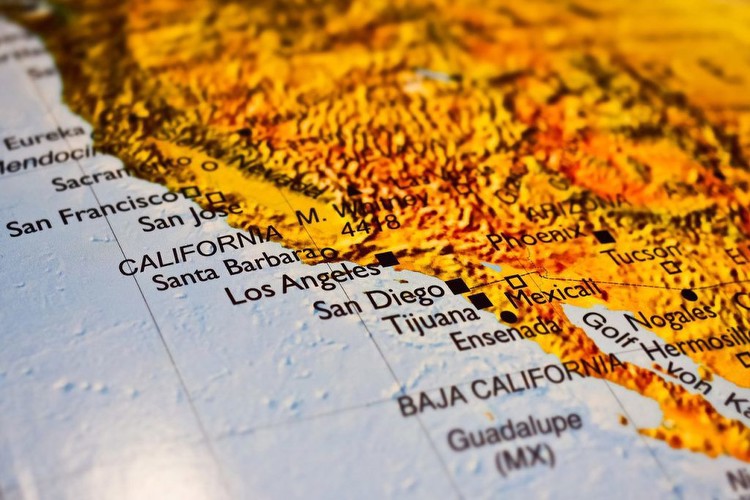
It’s mid-March and we’re only a month away from the NBA playoffs. With four clubs competing in the National Basketball Association – LA Lakers, Golden State Warriors, LA Clippers, and Sacramento Kings – California hosts the largest number of NBA clubs.
And yet, if you’re a Californian who wants to place an online wager on, say, the Clippers – who are among the first four top candidates to win the playoffs this year – you can’t do it. Sports betting is still prohibited from Crescent City to San Diego, even though you’re free to gamble legally in tribal casinos, at race tracks, and in card rooms.
The same goes for online betting; as explained by Jonathan Askew, online casinos are considered a gray area in the eyes of the lawin California, which means that players can and do play at offshore sites without any legal implications.
But what about those punters who want to go to retail sportsbooks or casinos? What options do they have?
The only venues where you can legally gamble in California are tribal casinos. The reason why these special districts are allowed to host casinos is the fact that they’re sovereign territories. The California Gambling Law doesn’t apply to these areas but they’re regulated by their special laws and rules.
The games you can play within tribal casinos are some classical card games (blackjack, several kinds of poker, baccarat, etc.), slot machines, California roulette, etc., but no dice games. And if you’re looking for the term ‘sports betting’, you won’t find it here. It’s still illegal, even in tribal casinos.
In 2022, there were two initiatives –Prop 26 and Prop 27 – proposing further changes to the gambling and betting environment in the State of California.
The former was meant to legalize sports betting and dice games (among other things) on tribal territories.
The latter was aimed at legalizing online sports betting and casino games in commercial card rooms.
At this referendum, none of the initiatives was accepted, so both online betting and reservation-based wagering have remained illegal ever since.
The main proponents were, obviously, iGaming and gambling companies, while the main opponents of this directive were companies running tribal casinos.
The Indian tribes operating tribal casinossupport more than 184,000 jobs, with an economic impact of nearly $35 billion. The tribes managing those casinos strongly opposed imposing any one-sided directives and laws, so they ran an intensive campaign against those proposals.
Another interesting fact is that tribe members as individuals are obliged to pay regular federal and state taxes; tribes, however, don’t pay taxes on the land they own, including the revenues generated from that land. They must pay certain fees to various funds and trusts, but not direct taxes.
If non-tribal commercial iGaming and retail gambling companies had the right to open casinos and betting parlors, the entire industry would change in California.
There would be strong competition for customers, and the addition of betting websites would make the entire scene even more dynamic.
For all the above, it’s hard to predict when non-tribal casinos and sportsbooks will be legally allowed in California. The string of events so far leads to one potential outcome: it will happen when the representatives of the Golden State tribes and gambling companies reach a compromise.








